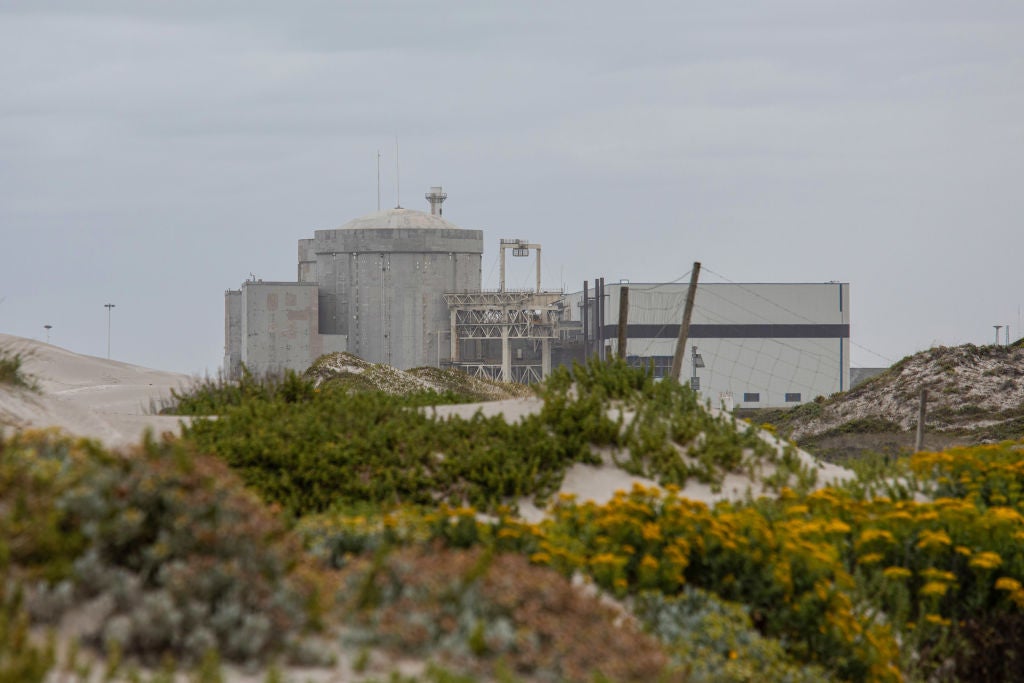South Africa has announced plans to launch a bidding process to commission 2.5GW of new nuclear energy by March next year as the country continues to struggle with severe power cuts.
"We are excited about the prospects and we are confident about our ability to ensure that within a reasonable period of time we are able [to announce] preferred bidders," South Africa’s Electricity Minister, Kgosientsho Ramokgopa, told reporters at a news conference.
The nation has been plagued by power cuts for years, with grid load-shedding becoming more frequent as operators attempt to tackle insufficient electrical capacity. At the end of August, Ramokgopa announced that South African municipalities owe more than $3.3bn (R62.79bn) in combined debt to struggling state-owned power company Eskom, exacerbating the power crisis by undermining the company’s ability to make necessary upgrades to grid infrastructure.
Ongoing power cuts have left households and businesses without power for up to ten hours per day. Outages have been largely attributed to Eskom’s ageing coal power stations, the average age of which is now 41 years old. Insufficient upgrades to old plants have had a knock-on effect, with newer power stations breaking down due to overburdening.
However, the first nuclear reactors due to be built from the announced bidding round will take at least ten years to become operational. Officials have warned that increasing nuclear capacity will not help with insufficient capacity in the short-term.
Ramokgopa also stressed at the conference that South Africa, which is home to Africa’s only operational nuclear plant, the Koeberg substation, will build new nuclear reactors at a scale and pace the country can afford.
Some are wary of attempts to reignite the nuclear industry in South Africa after a 9.6GW nuclear deal with Russia, signed in 2014 under then-president Jacob Zuma, was ruled unlawful by the Western Cape high court in 2017.
An emerging global desire to ramp-up nuclear power capacity in the name of low-carbon energy also continues to receive criticism from environmentalists.
"Nuclear should not be on the agenda. It is a myth that it is a climate change solution, a myth that it is the cheapest form of electricity... there is no way civil society can accept this," said Liziwe McDaid, a local environmental campaigner.









